To anyone who didn't experience the early '90s alternative rock boom firsthand it must seem hard to believe there was a time when major labels gluttonously sought out and signed as much of the rock underground as possible. Actually it wasn't possible, and in their shortsighted rush to capitalize on the explosive success of the "Seattle sound" they created an unsustainable system, signing more artists than they could ever hope to support, let alone develop. Few bands swallowed up in this binge (and the inevitable implosion) distinguished themselves by making anything lasting. Oxford, England's Swervedriver were both the exception and the rule, creating brilliance in the face of near-mythical misfortune before eventually succumbing to it. Working with preeminent '90s producer Alan Moulder [Tape Op #115] (My Bloody Valentine, The Jesus and Mary Chain, NIN) over a four-record run (Raise, Mezcal Head, Ejector Seat Reservation, 99th Dream), they created a unique sound that was both visceral and cerebral — a propulsive storm of sprawling, raw guitar symphonies and widescreen studio vistas that was The Stooges by way of Sonic Youth. Frontman Adam Franklin's songcraft anchored it all with literate lyrics wed to impeccable pop tunes in the manner of T.Rex and Elvis Costello. When the band slipped into a career coma around '98, Franklin plowed ahead under the name Toshack Highway. His twenty first century output has been both a progression from and summary of his previous band's work that has included delicate acoustic guitar explorations, Krautish electronica and intimate swatches of lo-fi bedroom demos. In 2005 Sanctuary Records released Juggernaut Rides, a Swervedriver retrospective and rarities collection. 2007 saw the release of Bolts of Melody, Franklin's first record under his own name.
Let's talk about Bolts of Melody. You've been sitting on this one a while, right?
Yeah. Around '98 Swervedriver toured with the band SIANspheric. Ley [Taylor] from the band called me up and mentioned doing some sort of release, which ended up being the split release [Magnetic Morning/Aspirin Age]. Ley and I hit it off really — he turned out to be a good guy to bounce ideas off of. At some point he said, "Why don't you come up here to Toronto to record?" His friend Dean Williams had a little cottage by a lake in a place called Hawkstone, Ontario, and we decided to go up there and record it. We did the drums in three days with Matt Durrant [SIANspheric] in a little studio in Toronto [Broadcast Lane]. Then we transferred it and went out into the wild by this lake and recorded on Cubase [for] about two weeks, drinking loads and jumping in the middle of the lake at night. It was just three of us out in the wild — a great way to record.
So when you were at the cottage, was Ley engineering?
Yeah, both of those guys were just cracking open the beers and then going into the other little bedroom on the side which is where everything was set up. There was a Focusrite Platinum OctoPre thing and a MOTU 2408 MKII.
Bolts has such a warm coloration and isn't fatiguing, which are things that I usually associate with tape, but was recorded entirely on hard disk. Was that coloration achieved in the mixing stage at all, or was it more the mics and pres you were using?
Yeah, it's both. Charlie [Francis, producer] is very much into the classic records. He grew up in the '80s, well aware of how hideous everything sounded. So he's definitely a man who's going to skirt that. It's like a lot of mediums, such as graphic design, where people are actually working to make things look handmade, with bits of pieces of tape over the top, or whatever. The advantages with digital are plain to see, but you've got to work against the robots and bring it back to the humans.
You mentioned that you tracked the drums at Broadcast Lane.
Yeah. There's a good guy there called Lurch [Chris Rudyk]. It's a cool little studio space. We basically just went in and recorded the drums with the needle in the red — not so much fuss with it — just getting a good sound setup and the two of us playing guitar and bass along with Matt. He's a really great drummer.
And then to the lake house — how did you feel about recording in that environment?
I think when you record out in the middle of nowhere it can go either of two ways. You can either just relax and get into this sort of headspace where you wake up in the morning and the only thing you've got to think about is maybe driving to the store to pick up some more beer and food, and then just get straight back to it. Or it can go the other way. I remember with Swervedriver's very first EP — the Son of Mustang Ford — we went out to a residential studio in Suffolk, south of London. It really mellowed us out way too much. We had the demo that got us signed to Creation [Records], which was recorded in a day and a half and had the energy and the hunger. Then we went out to this studio for a couple of weeks, took it back to London, and everyone at Creation and [Alan] McGee heard it and said, "What happened? It's really mellow." It didn't seem to have the rawness, really.
Your singing has changed over time and become more confident.
I think on the actual very first 4-track recording that I did of Swervedriver songs, because I was recording the vocals in my room, I was really not wanting everybody else in the house to hear me. So my vocal was much more laid back — much more like a J. Mascis kind of vocal. When we actually...


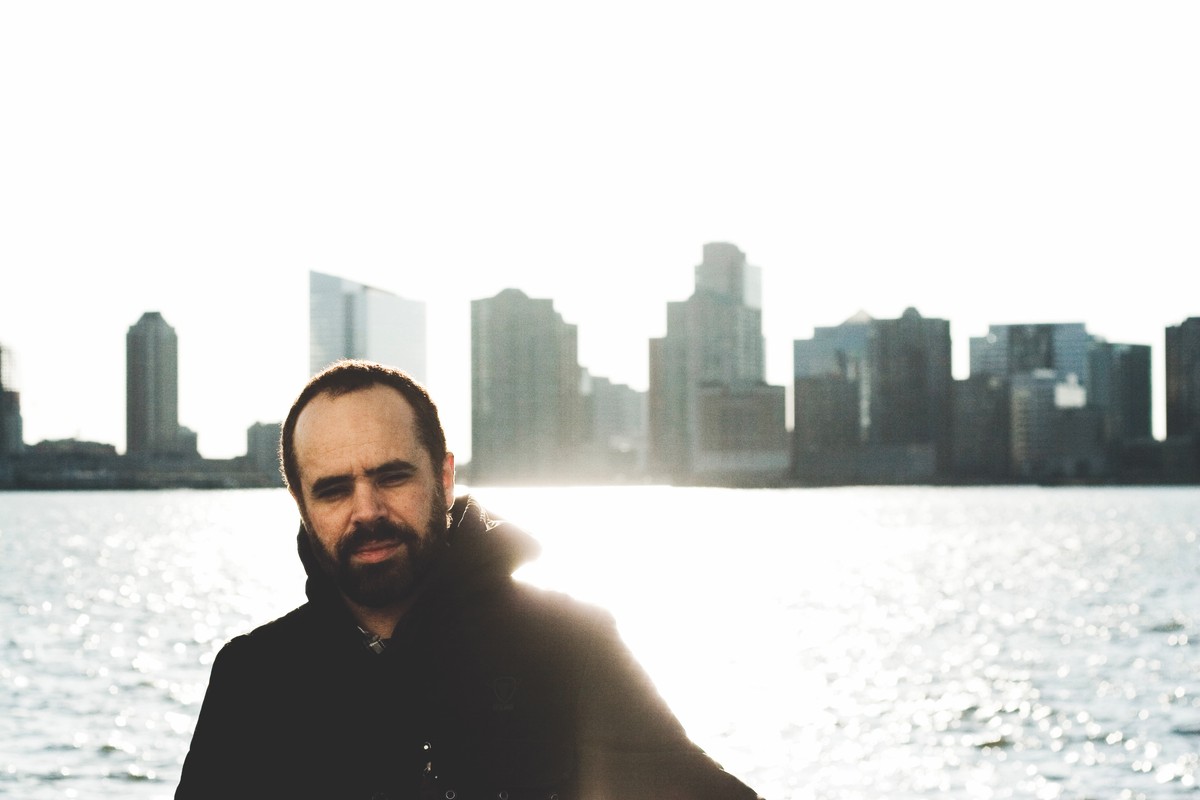
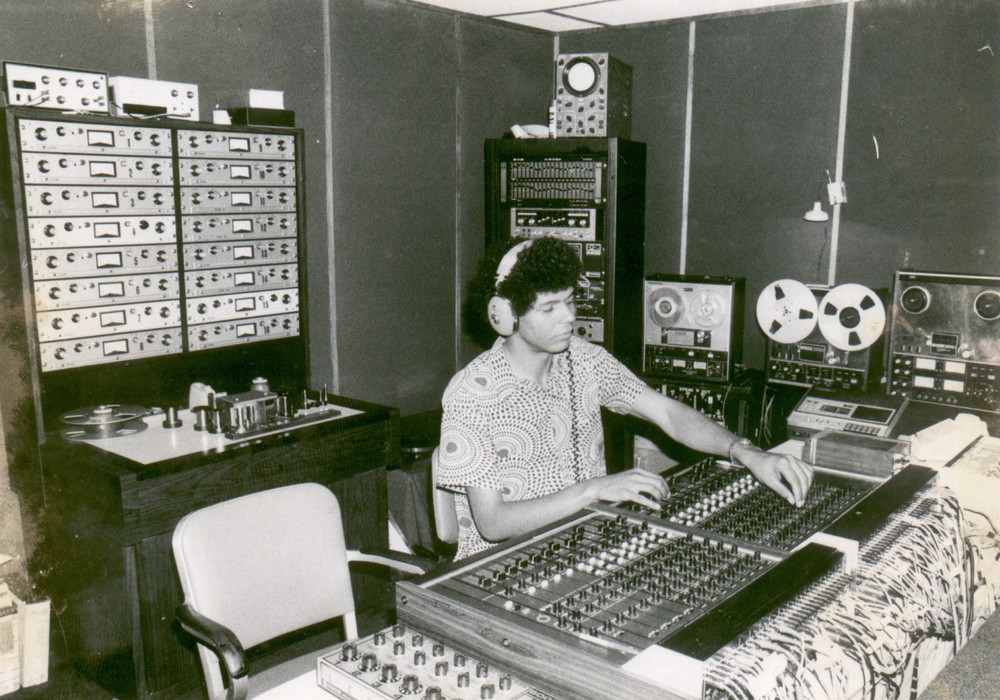
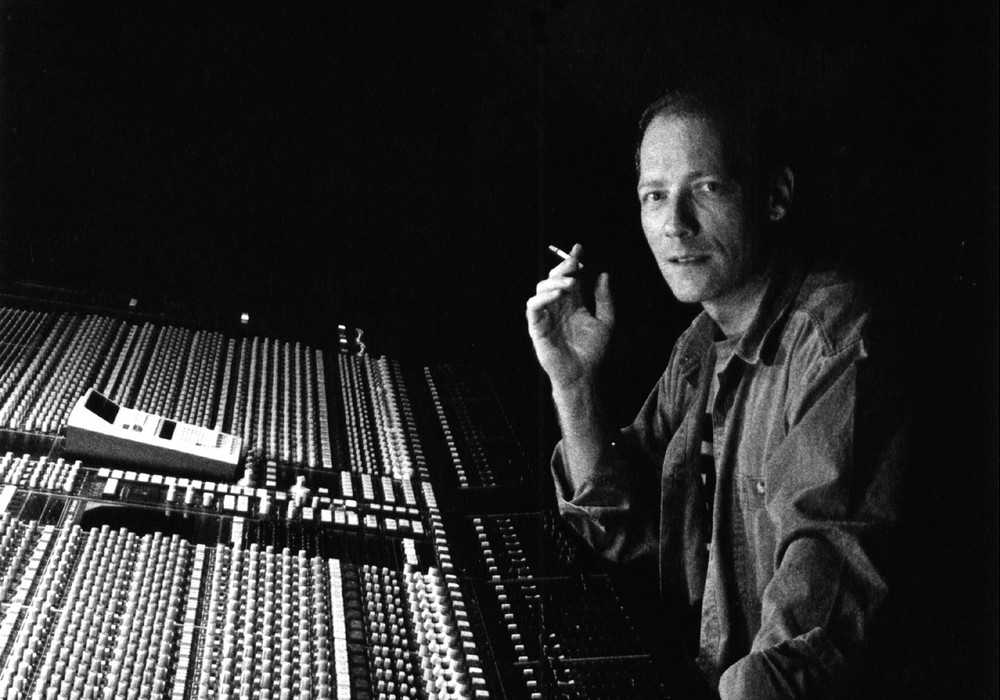

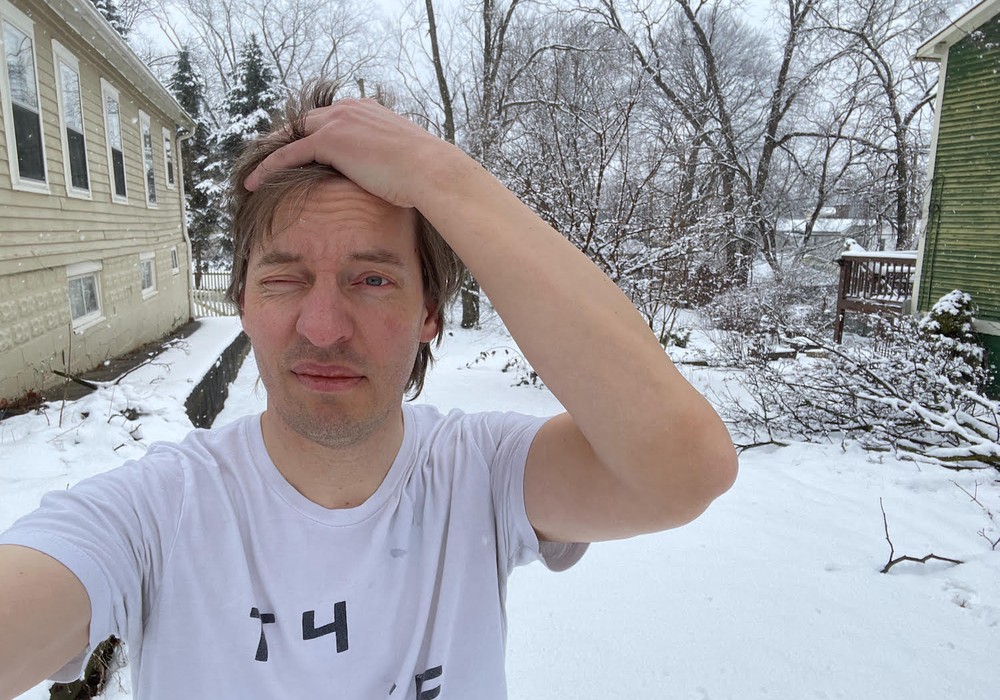
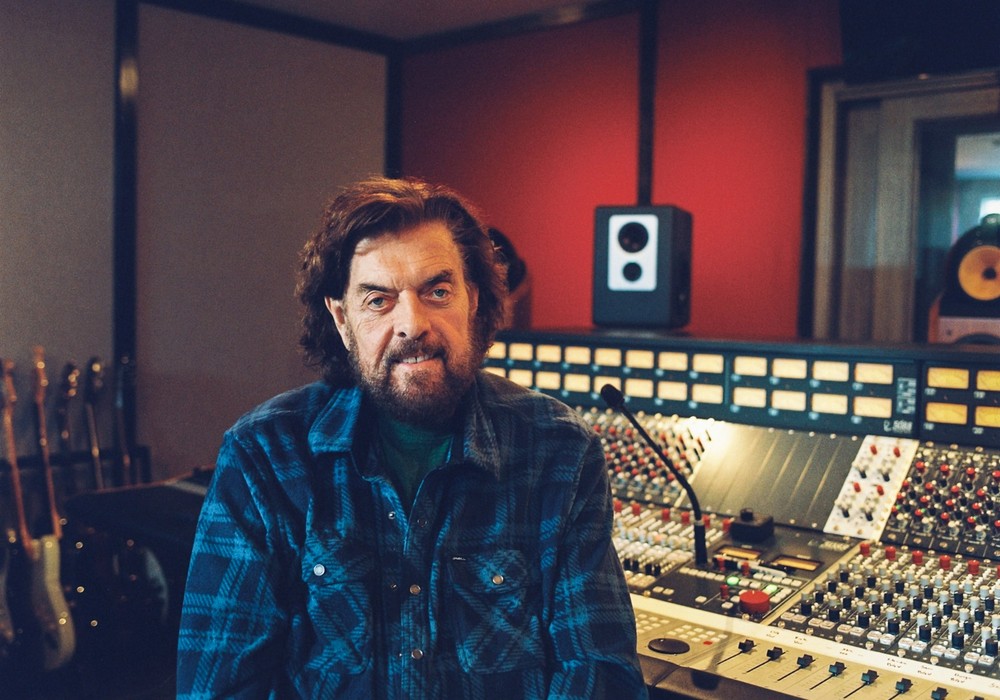
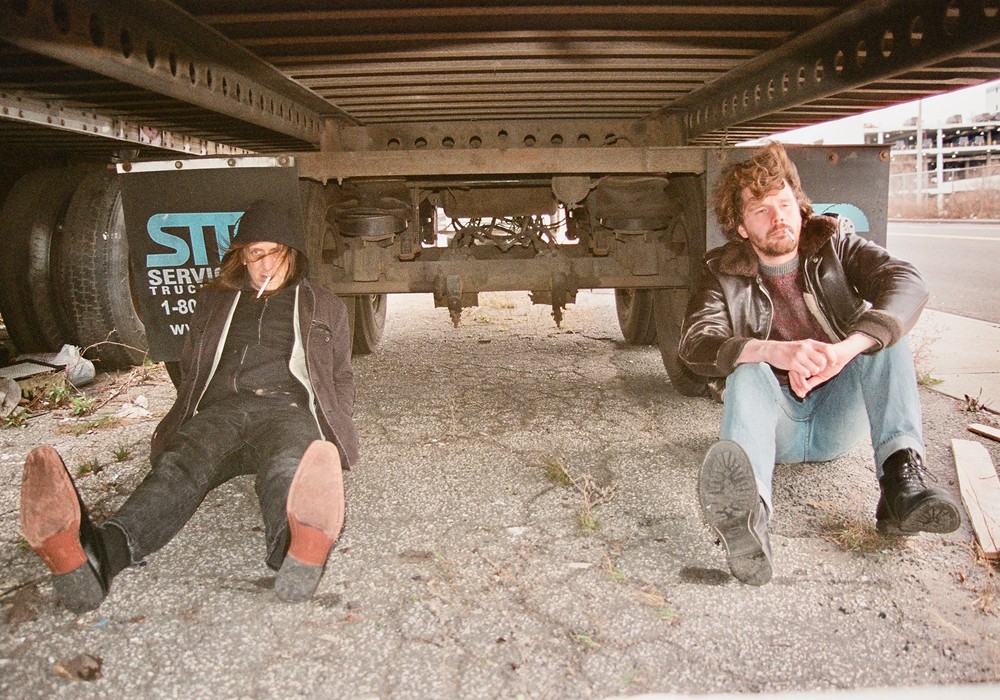
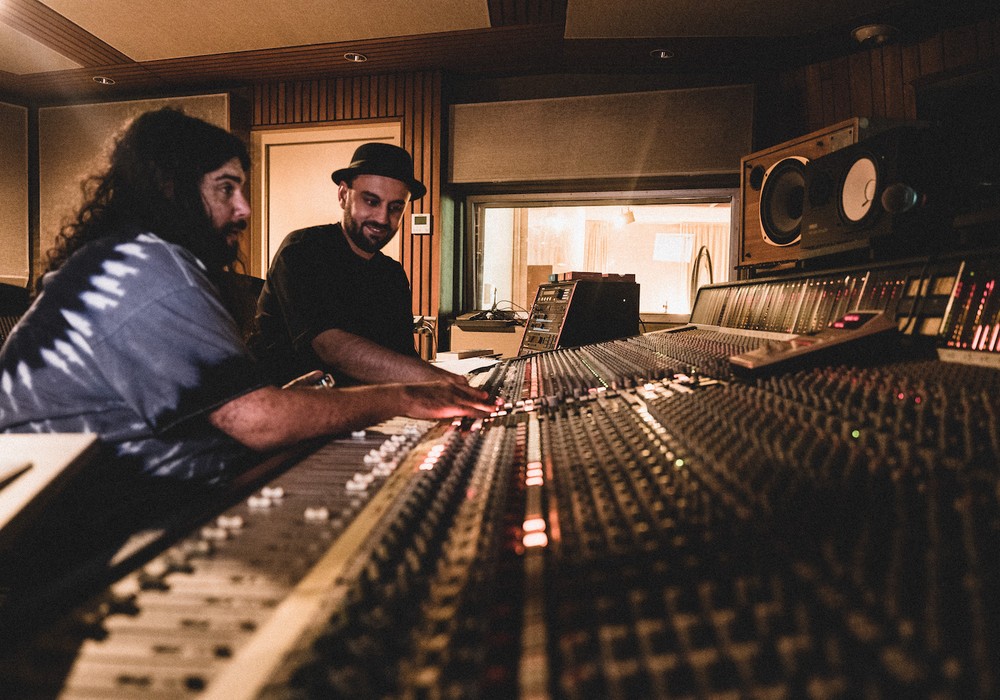
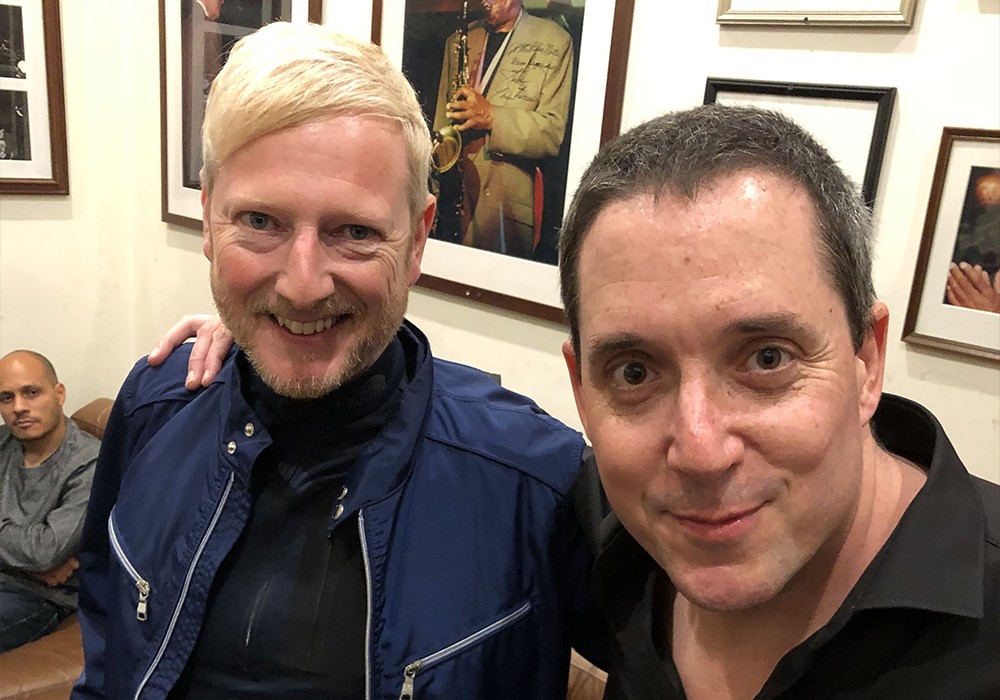
_display_horizontal.jpg)